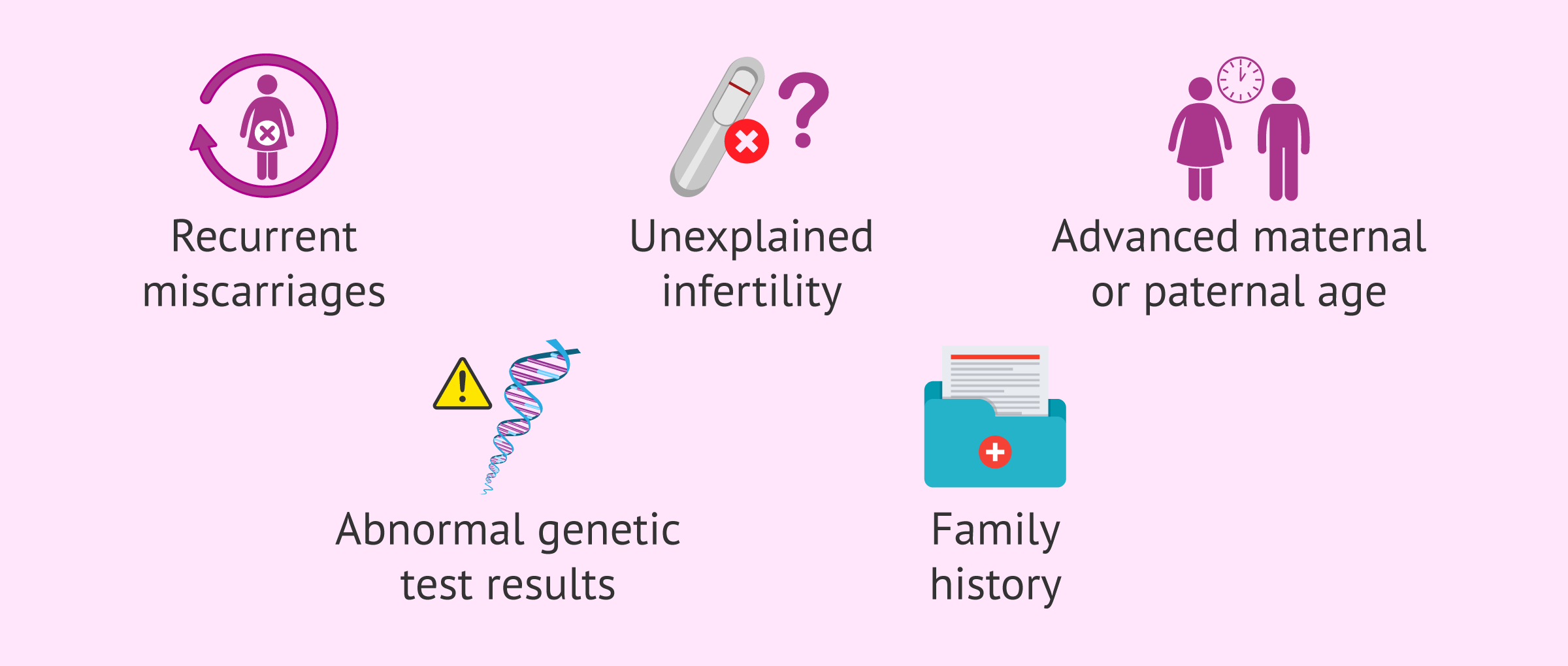It is not always mandatory, but it is highly advisable in certain cases. A karyotype is a genetic test that analyzes the number and structure of a person’s chromosomes. Its purpose is to detect abnormalities that could interfere with fertility, embryo development, or the baby’s health.
Clinically, it is recommended before starting a fertility treatment in the following situations:
- Recurrent miscarriages (two or more consecutive losses).
- Unexplained infertility after several failed attempts
- Advanced maternal or paternal age.
- Abnormal genetic test results.
- Family history of chromosomal disorders.

For couples undergoing IVF (in vitro fertilization) or ICSI (intracytoplasmic sperm injection), a karyotype provides valuable information on the risk of genetic alterations in embryos. In men with azoospermia or severe oligospermia, this test is especially important, as many of these conditions have a genetic origin (for example, Y chromosome microdeletions).
As of 2025, the approach to genetic testing is personalized, rather than universal. It’s requested when the patient’s medical or reproductive history indicates a possible risk. Complementary techniques such as carrier screening panelsand preimplantation genetic testing (PGT-A) further reduce risks and improve success rates.
In short, a karyotype is a noninvasive, relatively low-cost tool that can provide crucial information for tailoring fertility treatment and preventing complications later on.

Currently, Edna Ruiz Paz is the Medical Director of Fertility Experts Barcelona.